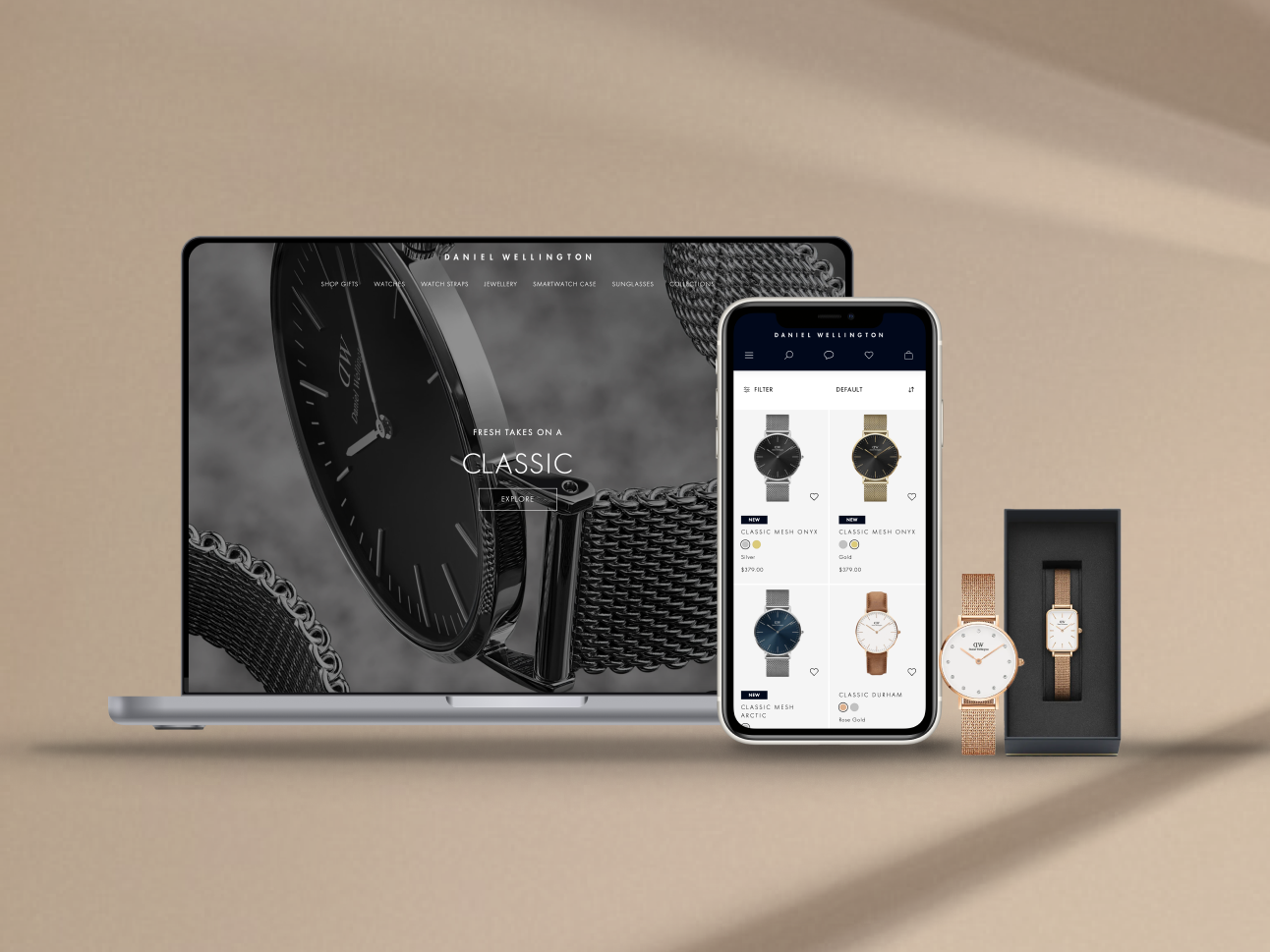In a highly competitive eCommerce landscape, success depends on multiple factors. In addition to great products, the right pricing, and excellent customer service, you must have an appealing design, great content, and a user-friendly eCommerce store.
However, three crucial elements stand out for eCommerce stores – page speed, SEO optimization, and the strategic use of the latest technology, such as Shopify 2.0 themes. These factors, individually and collectively, can significantly impact your online store's performance and, most importantly, improve sales conversion, turning visitors into your customers.
The Importance of Page Speed and SEO Optimization
Page speed refers to the time it takes for your site to load page fully. A fast-loading site improves the user experience, increases visitor retention, boosts conversions, and enhances overall profitability as mentioned earlier. SEO (Search Engine Optimization), on the other hand, focuses on improving your website's visibility on search engines, thereby attracting more organic traffic and potential sales.
Page speed and SEO optimization are interrelated. Search engines like Google consider page speed as a ranking factor. Slow websites not only frustrate users, but they also result in search engines crawling fewer pages, affecting your indexation and visibility.
As explained in Woolman’s blog, site conversion rates drop by an average of 4.42% with each additional second of load time. The highest eCommerce conversion rates occur on page load times between 0-2 seconds. Also Google’s Speed Matters report confirms this, as it shows that as page load time increases from 1s to 5s, the probability of bounce increases 90%.
Using Google Lighthouse Reports for Performance Enhancements
Google Lighthouse is a tool that assesses the performance and quality of web apps and pages, providing valuable data on performance measures and developer best practices. It can be employed on any web page, or eCommerce store. The tool carries out audits for aspects like performance, accessibility, progressive web apps, SEO, among others. Google Lighthouse's reports can be an extremely useful resource for enhancing the performance of your eCommerce store.
However, very often eCommerce merchants forget to perform analysis regularly and track results. As new Shopify apps are taken in use or new campaigns are created with unoptimised assets, performance bottlenecks start to appear. When changes are stacked, earlier good performance might drop by several seconds and previously good user experience vanishes.
Consistent performance analysis is vital for your Shopify online store's success. It helps to detect performance changes promptly, keeps you updated with algorithm changes, measures the impact of any changes on your site's performance, and provides competitive insights.
Tracking Store Performance with Ellis PageSpeed Analysis
Ellis PageSpeed Analysis introduces Google Lighthouse tool based site performance measurement dashboard to help merchants to stay up to date with site performance changes and make sure conversion killers are detected in time.

Ellis places emphasis on monitoring performance trends over time, as opposed to Google’s standard performance reports. Also all individual connected stores and key metrics are trackable from single dashboard. This approach aids in identifying unexpected shifts in an eCommerce store's performance. By having access to comprehensive historical logs, Ellis users can guide Shopify store development to concentrate on appropriate actions. This significantly reduces the effort and cost needed to discover the root causes of performance issues.
Upgrading to Shopify 2.0 Theme
Measuring performance may reveal the fact that minor improvements are not enough and it would be the time to upgrade Shopify theme to better optimized Shopify 2.0 theme like Woolman’s Taiga.
Shopify 2.0 themes, also known as Online Store 2.0, introduces a new set of default themes redesigned from the ground up to deliver better performance and greater flexibility.
Shopify 2.0 themes bring benefits in performance and SEO optimization. With an efficient codebase, asynchronous loading, mobile-first design, and features like lazy and responsive loading of images, these themes enhance page load times and user experience.
For SEO, the themes offer built-in structured data, optimised URLs, SEO-friendly meta tags, improved page speed, and mobile optimization. This facilitates better search engine visibility and ranking. The combination of improved performance and SEO can lead to more organic traffic, a better user experience, and increased conversions and sales for your eCommerce store.

Woolman’s Taiga available in Shopify Theme Store.
Summary
In conclusion, page speed trend tracking, SEO optimization, and the utilisation of the latest technology like Shopify 2.0 themes like Taiga are important ingredients for high converting eCommerce store. By focusing on these areas and leveraging Ellis for regular performance analysis, you can stay ahead in the eCommerce space and continue to grow your business.

